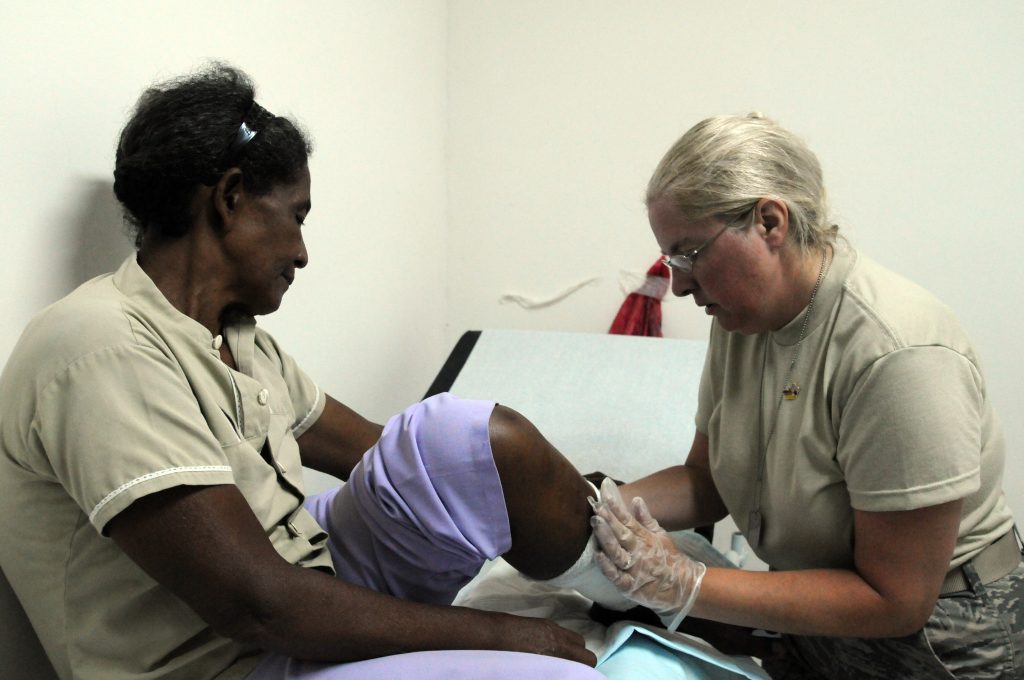 Medical malpractice claims typically involve allegations of negligence during a medical procedure. However, the following case presents a unique scenario where the alleged injury occurred after the procedure was completed. It examines the legal considerations and challenges in such situations, emphasizing the importance of evidence and expert testimony in establishing a breach of the applicable standard of care.
Medical malpractice claims typically involve allegations of negligence during a medical procedure. However, the following case presents a unique scenario where the alleged injury occurred after the procedure was completed. It examines the legal considerations and challenges in such situations, emphasizing the importance of evidence and expert testimony in establishing a breach of the applicable standard of care.
Kay Hanagriff received two punch biopsies at Dr. Shondra Smith’s dermatology office. While receiving the biopsies, Hanagriff told Smith she felt queasy. Smith told the nurse to put an ice pack on Hanagriff’s neck. After the nurse placed the ice pack on her neck, Hanagriff said she was feeling better. After the procedure, Smith told Hanagriff to lie flat on the exam table and had her staff monitor Hanagriff. Hanagriff ignored the staff’s instructions not to try to get off the exam table without assistance and claimed she fell and hurt her neck.
Hanagriff filed a complaint with the Louisiana Patient’s Compensation Fund. The medical review panel found neither Smith nor her staff breached the appropriate standard of care in their treatment of Hanagriff. Hanagriff then filed a lawsuit against Smith and her professional liability insurance carrier. At trial, the jury found against Hanagriff. Hanagriff appealed. She claimed the jury erred in finding Smith and her staff did not violate the applicable standard of care, and the evidence did not support the jury’s findings.
 Louisiana Personal Injury Lawyer Blog
Louisiana Personal Injury Lawyer Blog


 Parents can imagine all sorts of dangerous situations their children could find themselves in walking to school – kidnappings, getting hit by a car, bullying. But what happens if the cause of the injury was a defective sidewalk the city was supposed to maintain? Can the city be held liable? The following case examines the liability of a city when a teenager is injured due to a defective sidewalk in front of her high school.
Parents can imagine all sorts of dangerous situations their children could find themselves in walking to school – kidnappings, getting hit by a car, bullying. But what happens if the cause of the injury was a defective sidewalk the city was supposed to maintain? Can the city be held liable? The following case examines the liability of a city when a teenager is injured due to a defective sidewalk in front of her high school.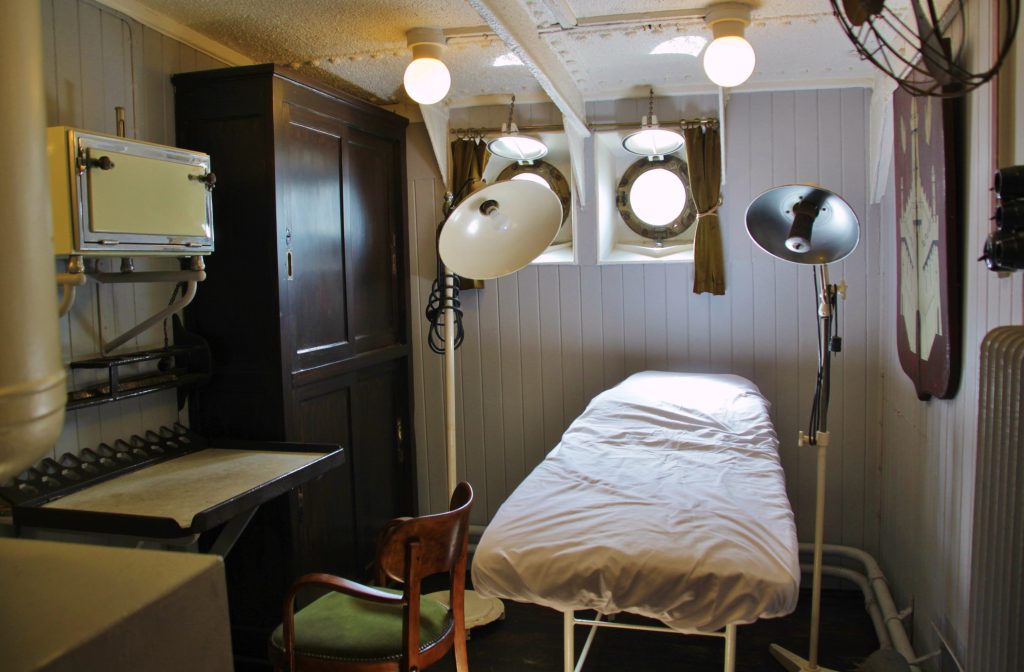 If your doctor makes an obvious mistake in a surgery, you might think you can succeed in a medical malpractice lawsuit against the doctor. However, Louisiana law does not require a doctor to act perfectly. Therefore, if you are considering bringing a medical malpractice lawsuit against a medical professional, you must understand the applicable standard of care you are required to prove they did not satisfy. This case illustrates how the standard of care a doctor is required to follow depends on the existing circumstances.
If your doctor makes an obvious mistake in a surgery, you might think you can succeed in a medical malpractice lawsuit against the doctor. However, Louisiana law does not require a doctor to act perfectly. Therefore, if you are considering bringing a medical malpractice lawsuit against a medical professional, you must understand the applicable standard of care you are required to prove they did not satisfy. This case illustrates how the standard of care a doctor is required to follow depends on the existing circumstances.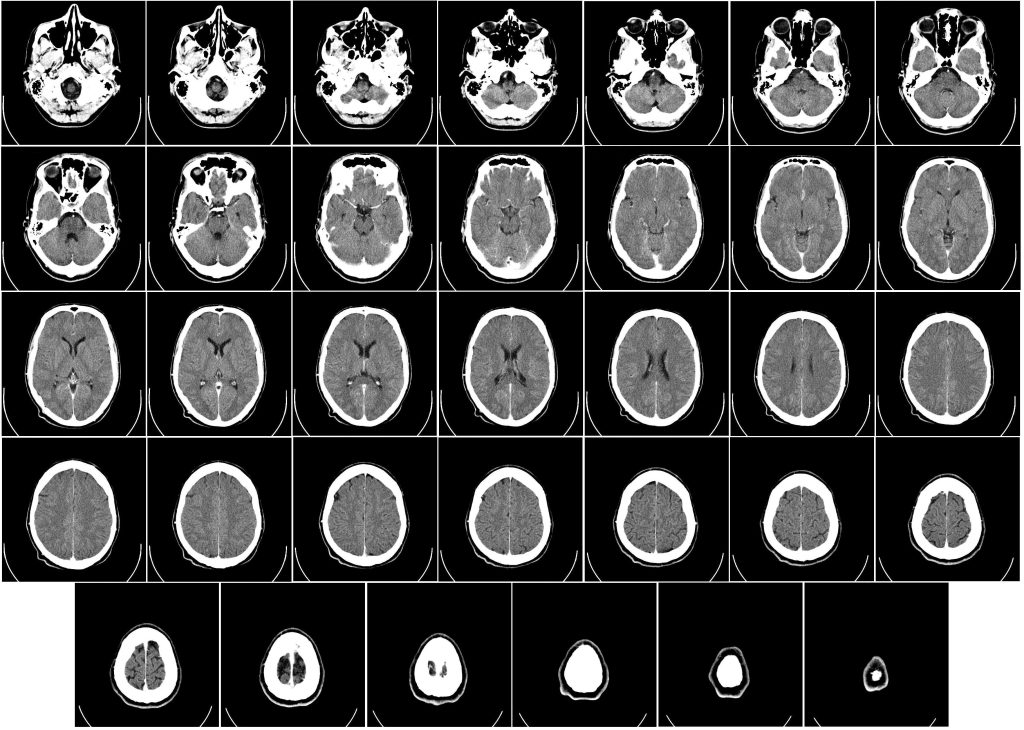 You might be eligible for workers’ compensation if you are injured on the job. However, you must be honest in your communications with your employer and medical providers because, under Louisiana law, you forfeit your rights to any such benefits if you make misrepresentations or false statements concerning your workers’ compensation scheme. What happens if these misrepresentations appear to result from memory impairments related to your on-the-job injury? The following lawsuit helps answer this question.
You might be eligible for workers’ compensation if you are injured on the job. However, you must be honest in your communications with your employer and medical providers because, under Louisiana law, you forfeit your rights to any such benefits if you make misrepresentations or false statements concerning your workers’ compensation scheme. What happens if these misrepresentations appear to result from memory impairments related to your on-the-job injury? The following lawsuit helps answer this question. In a medical malpractice lawsuit, there are numerous procedural and evidential requirements with which a plaintiff must comply to support their claim. This case illustrates what can happen if a plaintiff does not comply with these requirements, specifically providing expert testimony supporting the malpractice claim.
In a medical malpractice lawsuit, there are numerous procedural and evidential requirements with which a plaintiff must comply to support their claim. This case illustrates what can happen if a plaintiff does not comply with these requirements, specifically providing expert testimony supporting the malpractice claim. Unfortunately, heart attacks are one of the most common causes of death. If a loved one suffers a heart attack while on the job and you file a workers’ compensation claim, you must provide evidence to support your claim. But what happens if the employer files a motion for summary judgment before you can complete discovery?
Unfortunately, heart attacks are one of the most common causes of death. If a loved one suffers a heart attack while on the job and you file a workers’ compensation claim, you must provide evidence to support your claim. But what happens if the employer files a motion for summary judgment before you can complete discovery? 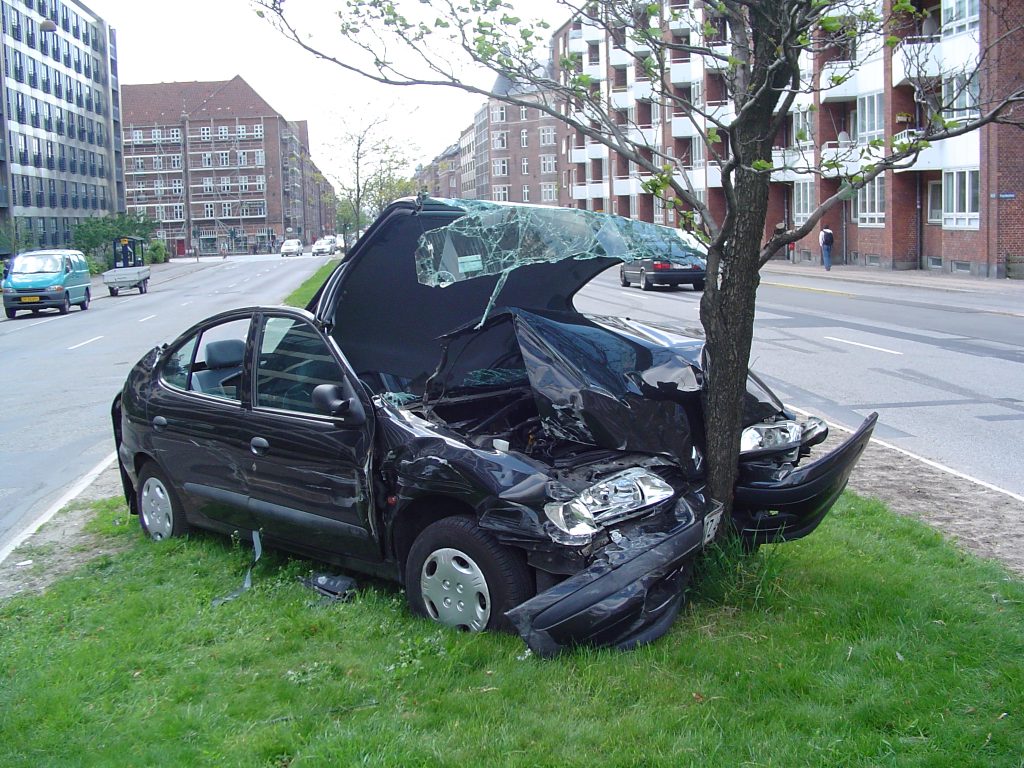 If you ever find yourself injured in a car accident, it’s crucial to seek legal advice from a licensed attorney in your jurisdiction. Consulting with an attorney can help you understand your rights and determine if you are entitled to compensation, depending on the allocation of fault. Car accidents can be complex, and navigating the legal process requires expert guidance.
If you ever find yourself injured in a car accident, it’s crucial to seek legal advice from a licensed attorney in your jurisdiction. Consulting with an attorney can help you understand your rights and determine if you are entitled to compensation, depending on the allocation of fault. Car accidents can be complex, and navigating the legal process requires expert guidance. 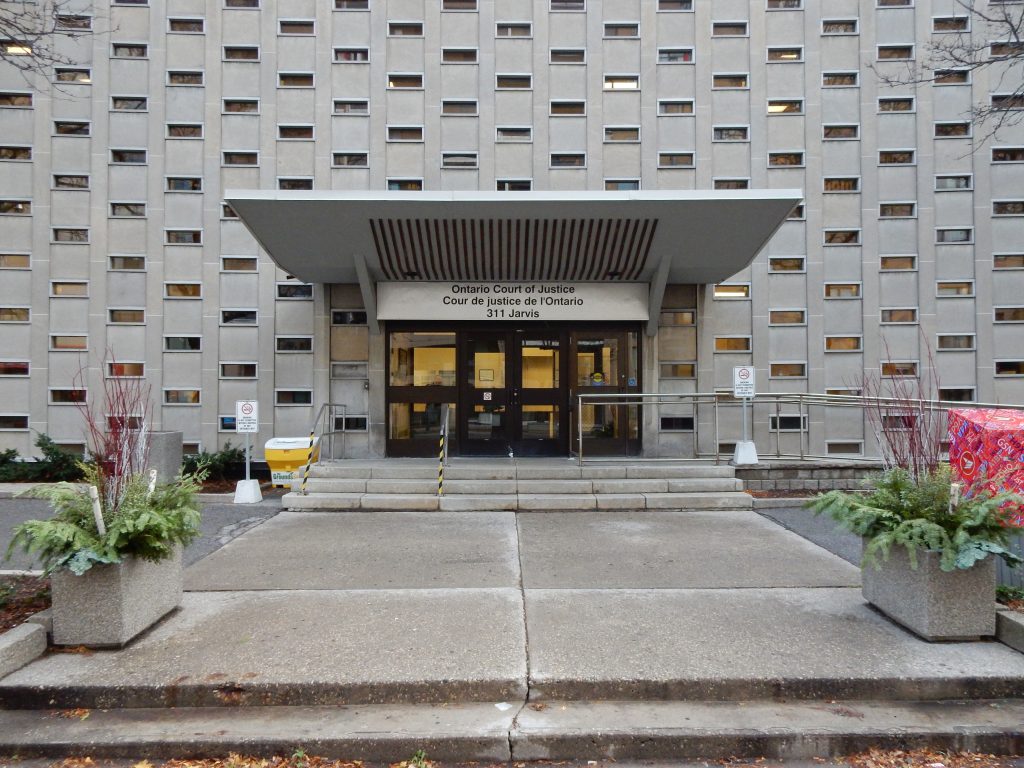 In personal injury cases, plaintiffs are often left vulnerable due to the accidents leading to their injuries. Hence, they require excellent attorneys who don’t exploit these vulnerabilities but instead zealously advocate on their behalf. For Claude Allen Newsome (“Newsome”), a November 2010 car accident in Bossier Parish, Louisiana, left him without sight, which was a direct result of macular degeneration caused by the accident. After that, Newsome was deemed legally blind and rendered a person with quadriplegia. Newsome appointed Robert Lansdale (“Lansdale”) as his power of attorney. What unfolded while seeking damages on behalf of Newsome demonstrates the necessity to lodge objections on the record and timely appeal matters.
In personal injury cases, plaintiffs are often left vulnerable due to the accidents leading to their injuries. Hence, they require excellent attorneys who don’t exploit these vulnerabilities but instead zealously advocate on their behalf. For Claude Allen Newsome (“Newsome”), a November 2010 car accident in Bossier Parish, Louisiana, left him without sight, which was a direct result of macular degeneration caused by the accident. After that, Newsome was deemed legally blind and rendered a person with quadriplegia. Newsome appointed Robert Lansdale (“Lansdale”) as his power of attorney. What unfolded while seeking damages on behalf of Newsome demonstrates the necessity to lodge objections on the record and timely appeal matters. For purposes of seeking an appeal, there is great importance in preserving the record, which may be done through admitting evidence at trial to support relevant claims. When the record has not been established at trial, it is difficult for the best attorneys to succeed on appeal. William Taylor (Mr. Taylor), the plaintiff in his case brought against Hanson North America (Hanson), ran into this evidentiary legal hurdle when he appealed the Office of Workers’ Compensation (OWC) decision denying his motion to Louisiana’s First Circuit Court of Appeal.
For purposes of seeking an appeal, there is great importance in preserving the record, which may be done through admitting evidence at trial to support relevant claims. When the record has not been established at trial, it is difficult for the best attorneys to succeed on appeal. William Taylor (Mr. Taylor), the plaintiff in his case brought against Hanson North America (Hanson), ran into this evidentiary legal hurdle when he appealed the Office of Workers’ Compensation (OWC) decision denying his motion to Louisiana’s First Circuit Court of Appeal. What happens when a cow crosses a road? Although that might sound like the start of a joke, that is the situation Zaine Kasem found herself in after being run over by a cow that escaped from a herd owned by Joyce B. Williams and H.R. Williams Cattle Company (“HRW”).
What happens when a cow crosses a road? Although that might sound like the start of a joke, that is the situation Zaine Kasem found herself in after being run over by a cow that escaped from a herd owned by Joyce B. Williams and H.R. Williams Cattle Company (“HRW”).